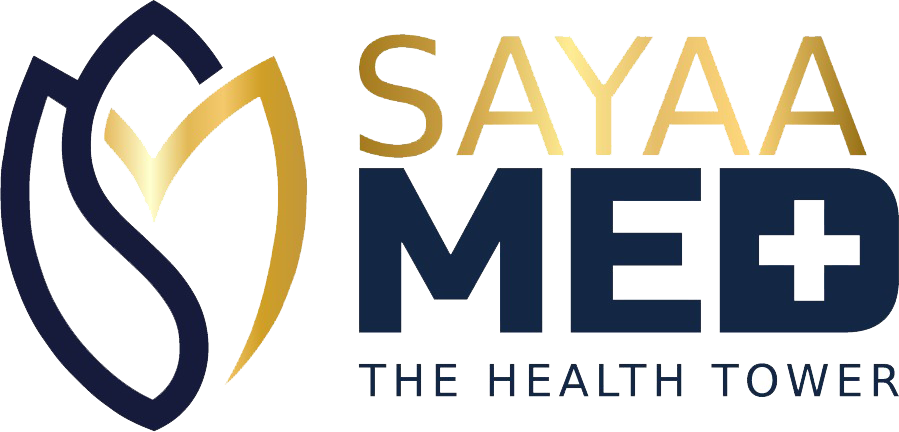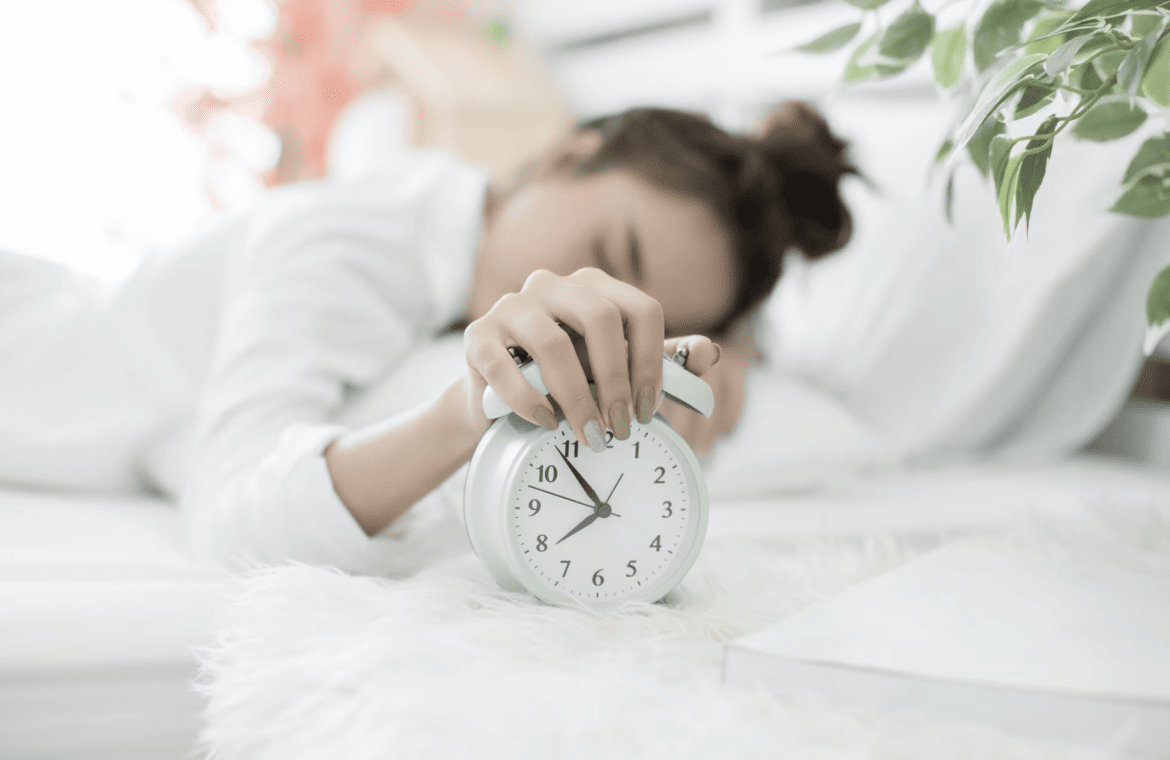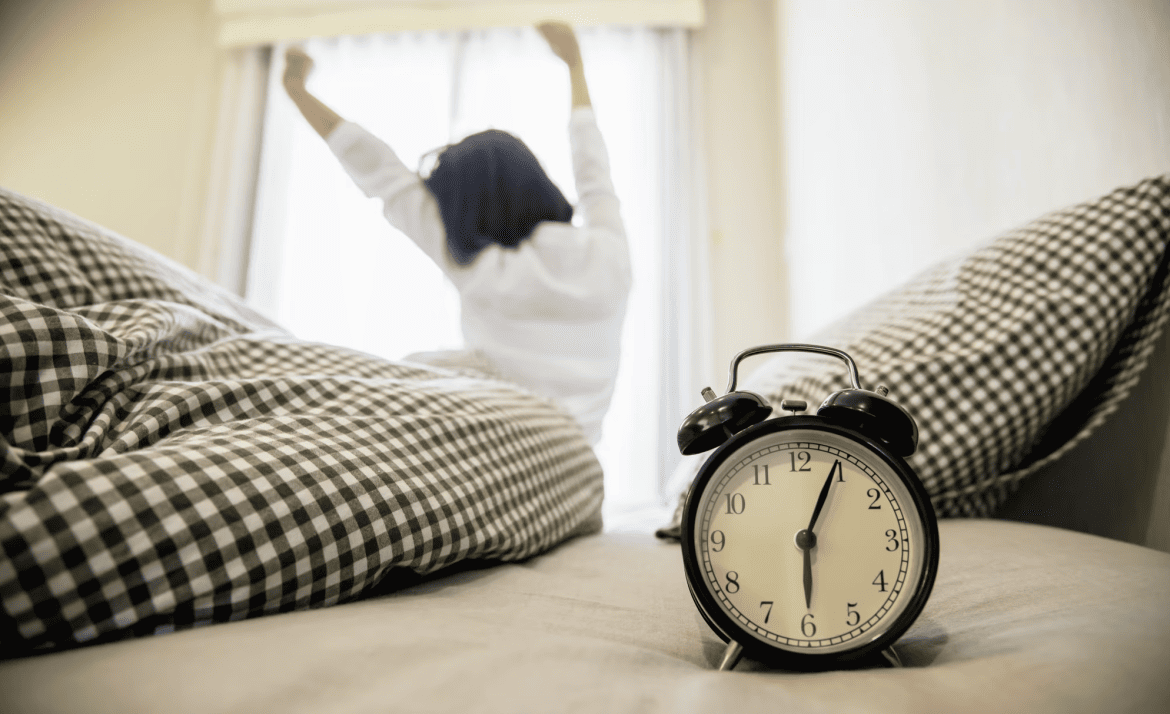Introduction
In our fast-paced lives, a short nap can feel like a luxury, but did you know it could actually boost your brain health? Recent research suggests that taking a nap lasting between five to fifteen minutes may have significant cognitive benefits. This article explores the intriguing connection between short naps and brain health, revealing insights from a study conducted on over 35,000 participants.
The Study: Naps and Brain Health
Published in the Sleep Health journal, this study examined DNA samples and brain scans of individuals aged 40 to 69 from the UK Biobank study. Researchers explored the genetic code associated with regular napping and compared brain health analyses and cognition tests of participants with and without the napping genes.
Enhancing Brain Volume
Participants who engaged in regular short naps displayed larger brain volumes compared to their non-napping counterparts. The difference in brain volume translated to a notable age difference of 2.5 to 6.5 years between the two groups. The study’s co-author, Hassan Dashti, PhD, emphasized that these findings suggest “more frequent daytime napping may be protective for the brain.”
Unveiling the Link
While the study doesn’t assert that short naps directly cause better brain health, it does establish a connection that sparks curiosity among sleep experts. The relationship between napping and brain health is complex and worth exploring further.
The Role of Short Naps
Research on napping’s impact on brain health has previously yielded mixed results. A comprehensive study from the previous year linked regular naps with an increased risk of high blood pressure and stroke. However, this study did not delve into the duration of naps. Researchers cautioned that prolonged naps might be indicative of underlying health concerns.
The Power of Rest
Experts speculate that short naps may alleviate the effects of sleep deprivation, which plagues a significant percentage of the population. The average adult requires around eight hours of sleep, but a considerable portion of individuals fail to meet this requirement. For the sleep-deprived, a short nap could help replenish sleep debt, resulting in heightened energy levels and improved cognitive performance.
The Optimal Nap Length
Lead study author Valentina Paz defines a “short nap” as lasting between five and fifteen minutes, with a maximum limit of thirty minutes. However, optimizing this brief nap requires careful attention to timing and environment.
Making the Most of Your Nap
For those considering incorporating short naps into their routine, consistency is key. Napping at the same time daily in a dark, quiet environment enhances the experience. Ending the nap with exposure to light, light movement, and a light snack can aid in waking up refreshed.
Monitoring Your Body’s Response
While short naps can offer benefits, it’s crucial to be attentive to how they affect you. If you experience post-nap sluggishness, it may indicate that napping isn’t suitable for you. Additionally, if you rely heavily on daily naps for functioning, it’s advisable to consult a sleep medicine specialist to rule out underlying sleep disorders.
Conclusion
Incorporating short naps into your routine might hold the key to boosting brain health. Although not a direct cause, the link between regular short naps and enhanced brain volume is worth considering. As with any health practice, observing how your body responds is essential. Ultimately, a well-timed nap could contribute to better cognitive well-being.
Frequently Asked Questions
How long should a short nap last?
A short nap typically lasts between five to fifteen minutes, with a maximum duration of thirty minutes.
What are the benefits of short naps?
Short naps have been associated with improved cognitive performance and enhanced brain health in certain studies.
Should I nap at the same time daily?
Consistency in nap timing is recommended to optimize the benefits of short naps.
Can naps replace adequate nighttime sleep?
While naps can temporarily alleviate sleep debt, they shouldn’t replace a full night’s sleep.
Who should avoid short naps?
Individuals experiencing post-nap sluggishness or relying heavily on daily naps should consider consulting a sleep medicine specialist.
For more content like this visit our INSTAGRAM


